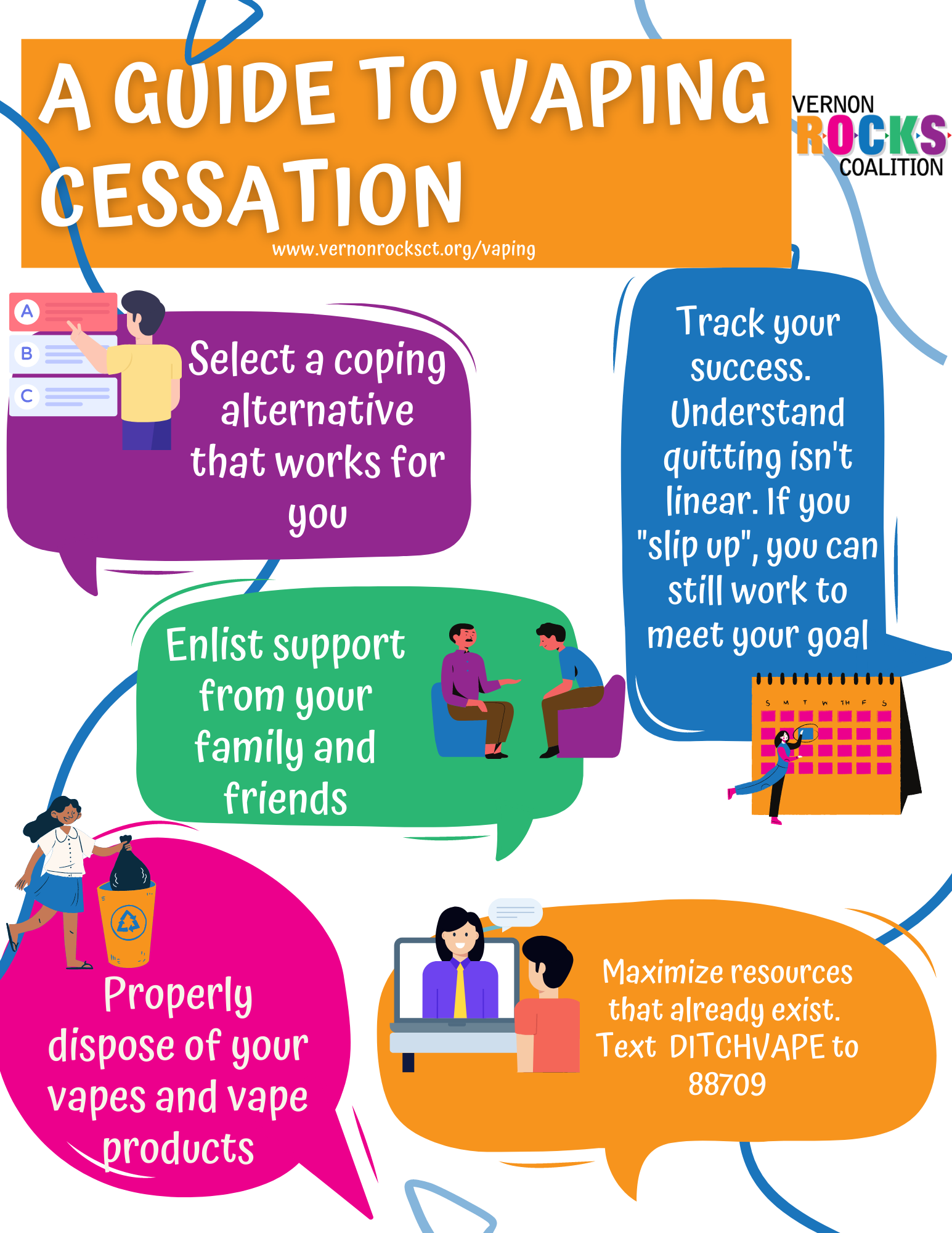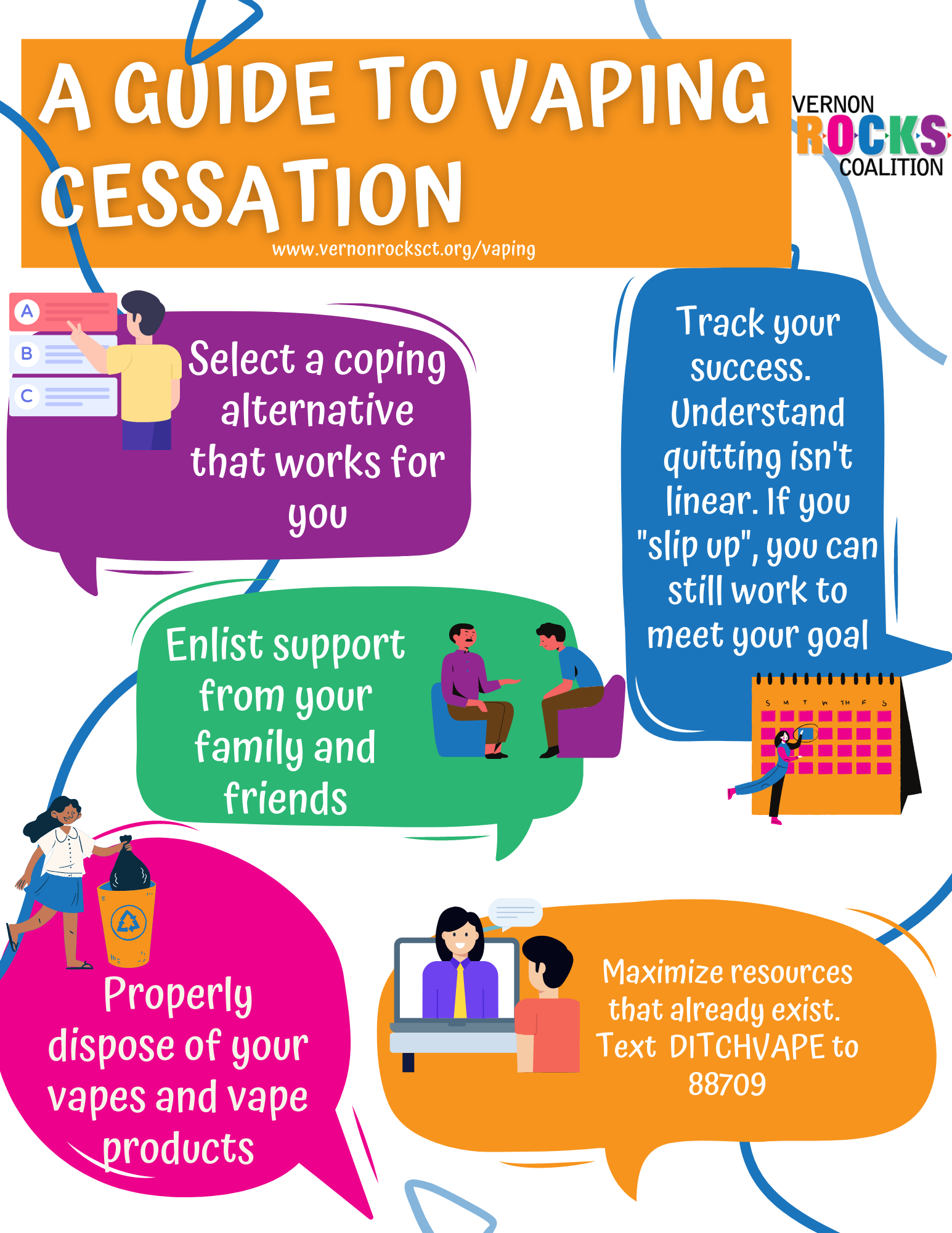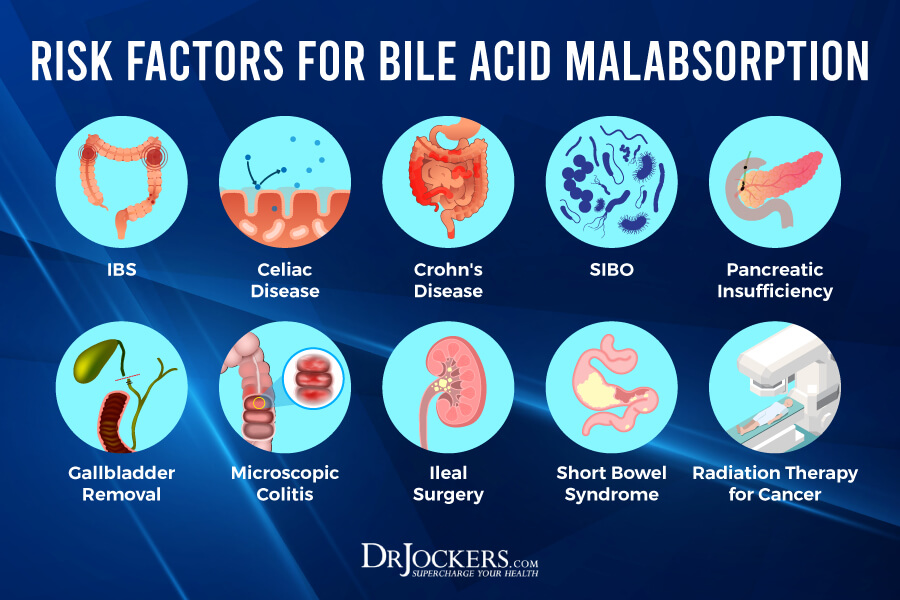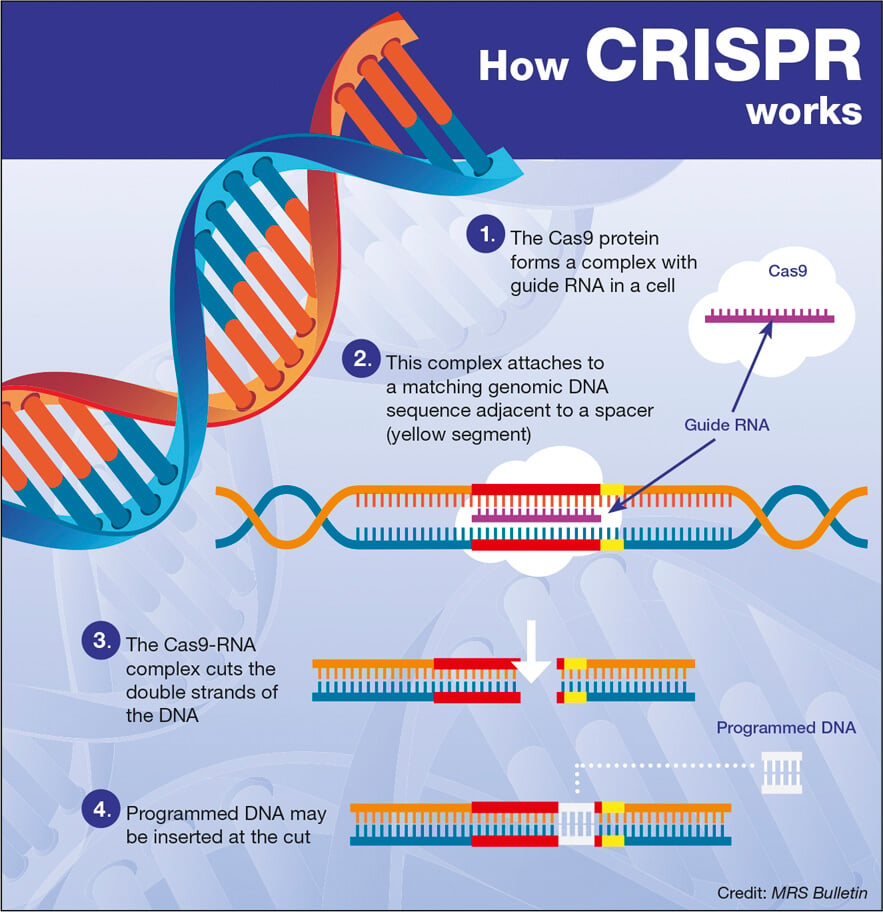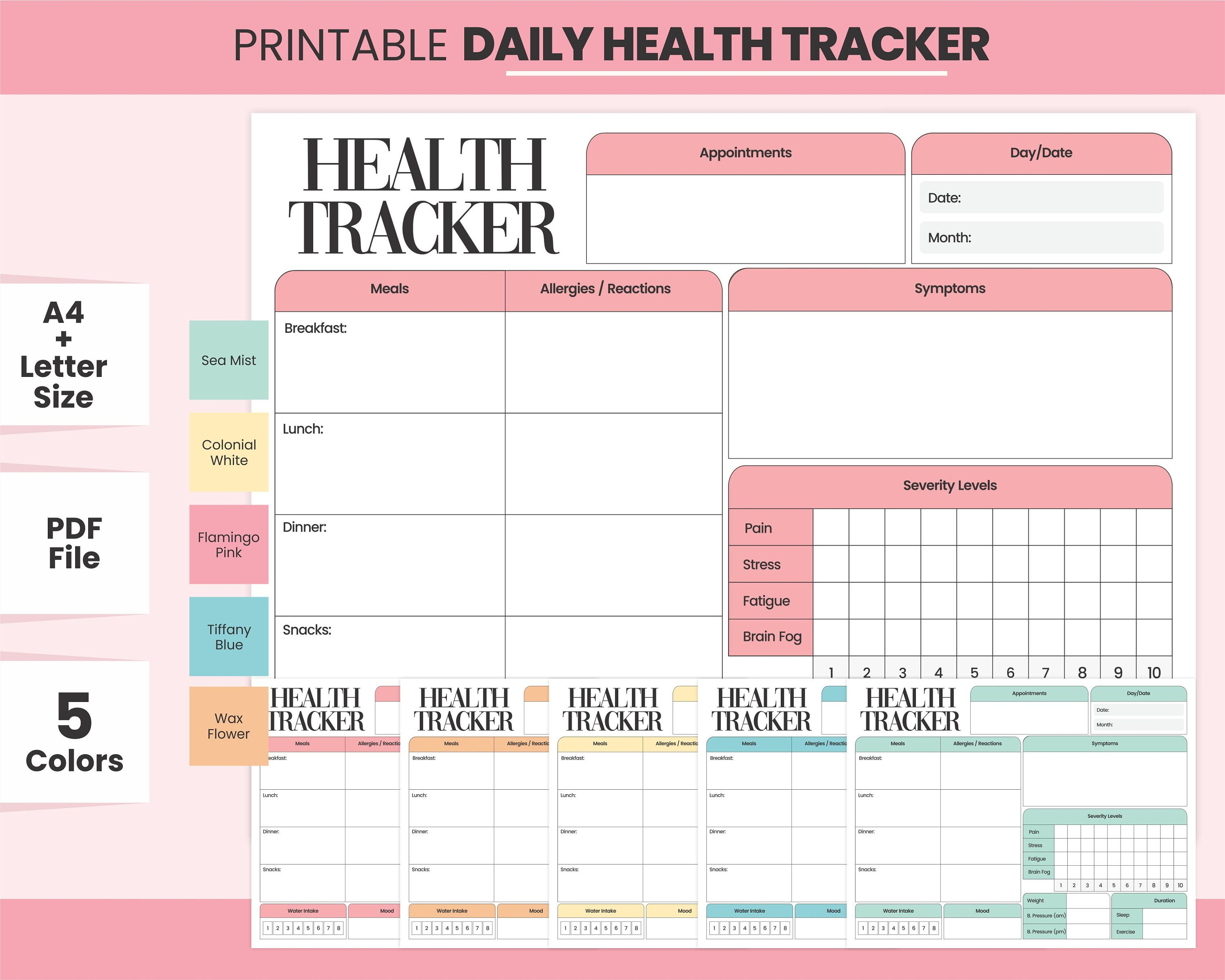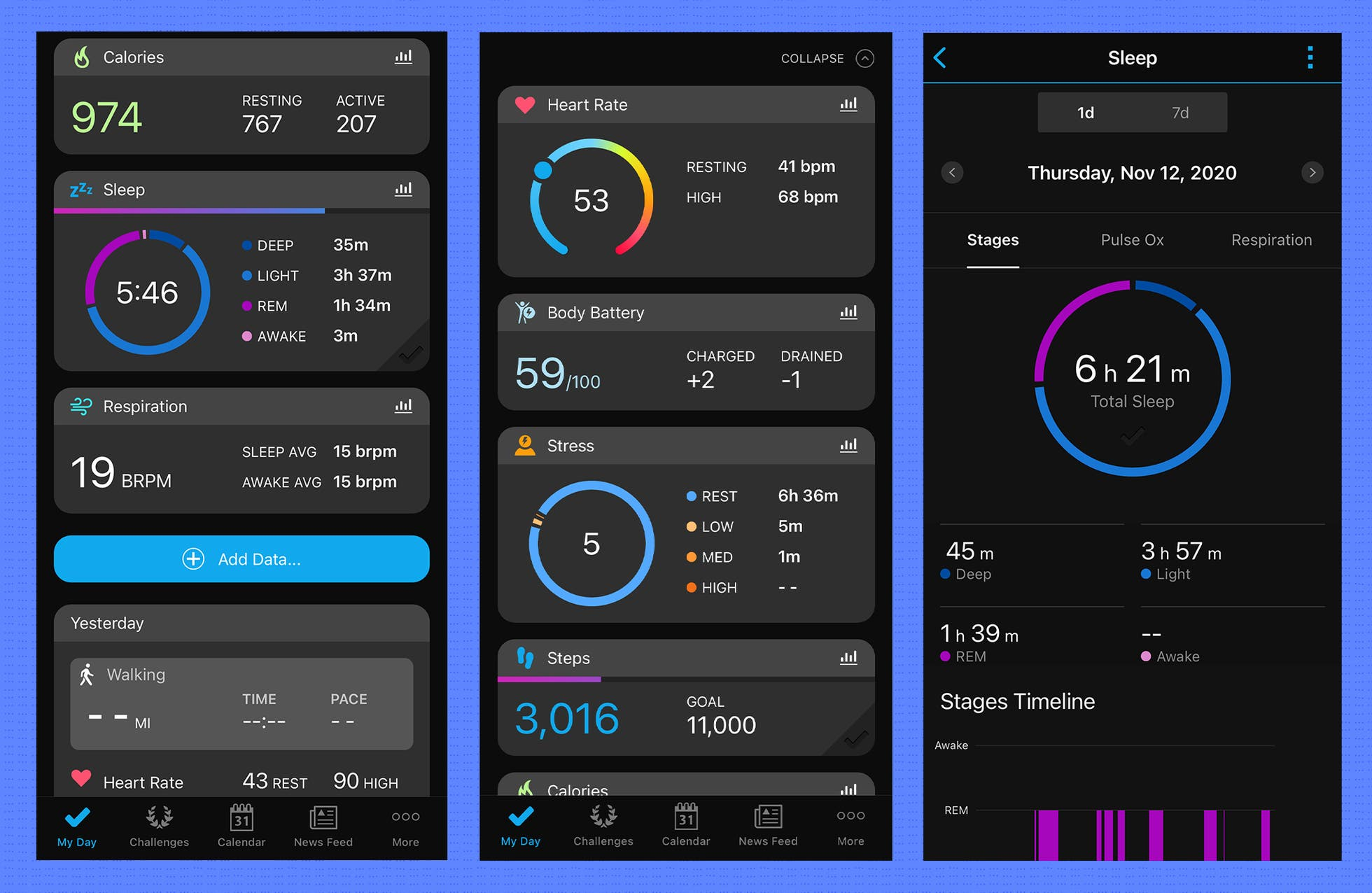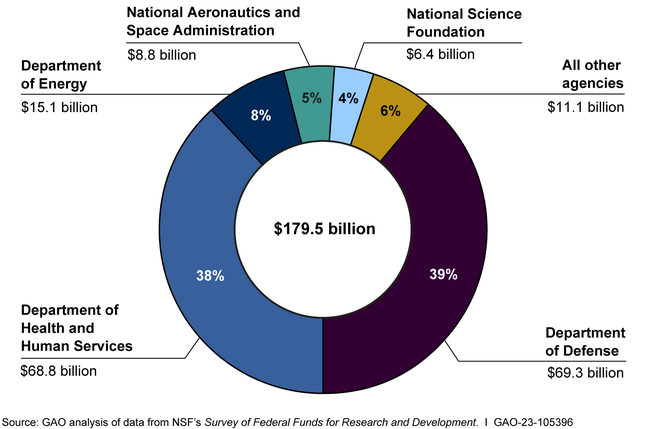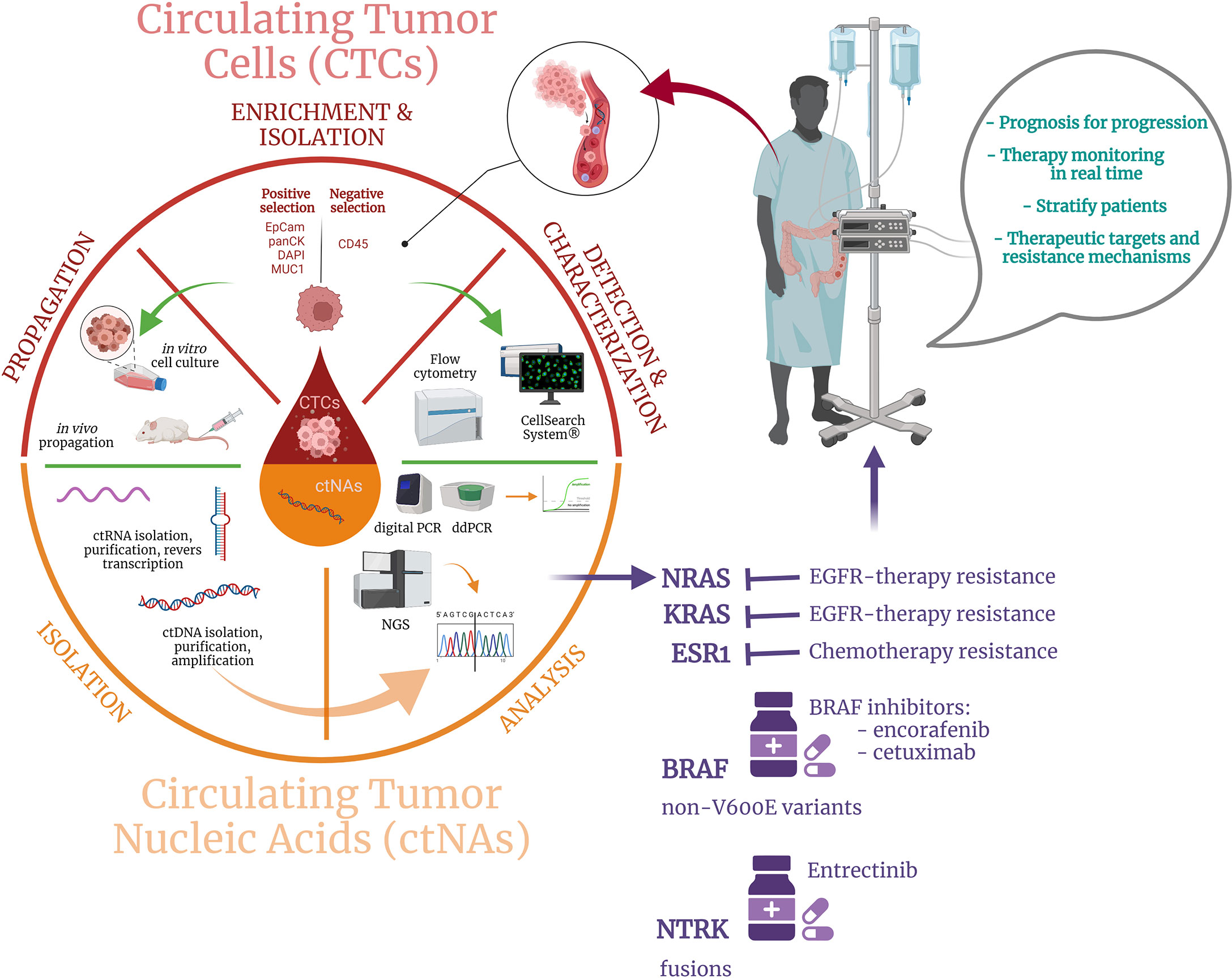Vaping cessation is an urgent public health issue, particularly among teens and young adults who are increasingly drawn to e-cigarettes. Recent studies have shown that utilizing FDA-approved smoking cessation pills, like varenicline, can significantly aid this demographic in quitting vaping. In a clinical trial conducted at Mass General Brigham, participants who used varenicline were three times more successful in overcoming their vaping addiction compared to those who did not receive the medication. The alarming rate of vaping among adolescents, with 8 percent of high schoolers reported to vape, underscores the necessity for effective vaping addiction treatment. By exploring proven methods such as varenicline, we can help more young individuals embark on their journey towards a smoke-free life and tackle teen smoking cessation effectively.
Cessation of vaping has emerged as a critical concern, considering the surge of e-cigarette usage, especially in younger populations. The advent of nicotine-based products has not only made quitting smoking more complex but has also led to an increase in individuals seeking assistance through proven therapies. Research highlights the groundbreaking efficacy of varenicline, branded as an FDA-endorsed smoking cessation pill, which has proven beneficial for adolescents and young adults grappling with nicotine dependency. Vaping cessation strategies are evolving, aiming to deliver robust support systems that combine medication with behavioral counseling. As we delve into the various approaches available, it becomes clear that fostering a comprehensive understanding of vaping cessation can pave the way for healthier futures, especially for our youth.
The Rise of Vaping Among Teens and Young Adults
In recent years, vaping has experienced a significant rise in popularity among teens and young adults, leading to growing public health concerns. Surveys indicate that approximately 25% of individuals aged 18 to 25 reported using vape products in 2023. This alarming trend is partly attributed to the perception of vaping as a safer alternative to traditional smoking, which has made these products particularly appealing to younger audiences. Furthermore, the discreet nature of vape devices allows users to easily conceal their usage, contributing to their widespread adoption in schools and social settings.
The implications of early nicotine exposure are concerning, as these may predispose young individuals to more severe substance addiction later in life. Studies have shown a correlation between youth vaping and increased risk of developing an addiction to harder substances like cocaine. Therefore, targeting this demographic with effective cessation programs is essential, as it may reduce future addiction rates and improve overall public health outcomes.
Varenicline: A Game Changer in Vaping Cessation
Recent clinical trials have revealed that varenicline, an FDA-approved smoking cessation pill, significantly enhances the quitting success rates among teens and young adults using vaping products. According to research conducted at Mass General Brigham, participants aged 16 to 25 who used varenicline showed over three times the success rate in quitting vaping compared to those receiving only behavioral counseling or placebo treatments. This highlights the potential of varenicline as a critical tool in the battle against vaping addiction, providing a medically-backed option for youth looking to quit.
The outcomes of this clinical trial emphasize the need for a multi-faceted approach to vaping cessation. While behavioral counseling offers essential support, the effectiveness of medication like varenicline suggests that combining these strategies can yield the best results. As public awareness of nicotine-related health risks grows, safe and effective treatments become necessary for reaching and helping the youth who are struggling with vaping addictions.
Understanding Vaping Addiction Treatment Options
Addressing vaping addiction requires an understanding of the various treatment options available to teens and young adults. Traditional approaches have often centered around counseling and education; however, recent findings underscore the importance of incorporating pharmacological interventions like varenicline. This medication not only assists individuals in managing cravings but also reduces withdrawal symptoms, making the process of quitting more manageable and less daunting.
Additionally, the integration of support services, such as text support lines like ‘This is Quitting,’ plays a crucial role in providing ongoing motivation and encouragement. Together, these elements create a comprehensive support system that addresses both psychological and physiological aspects of vaping cessation. By broadening the range of treatment options, healthcare providers can better cater to the needs of young people, ultimately leading to higher success rates in quitting vaping.
The Importance of Early Intervention in Vaping Cessation
Early intervention is crucial when tackling the issue of vaping addiction among teens. Given the increasing likelihood of nicotine dependence developing from early exposure, prompt action can help mitigate long-term health consequences. Treatment programs focusing on young users can target this vulnerable demographic, offering timely support and assistance in quitting. By addressing addiction at an early stage, we can significantly decrease the chances of transitioning to more harmful substances in the future.
Educational initiatives that raise awareness of the risks associated with vaping should also be a part of prevention strategies. Schools and communities must advocate for healthier lifestyle choices while providing resources that encourage young people to seek help. Moreover, integrating cessation tools like varenicline into public health campaigns can aid in normalizing the conversation around quitting, empowering teens to take control of their nicotine habits.
Supporting Teens in Their Journey to Quit Vaping
Support systems are essential to helping teens successfully quit vaping. This can include counseling services, peer support groups, and family involvement, which create a nurturing environment that encourages open discussions about addiction. Mixed-method approaches that utilize both pharmacological aides such as varenicline and emotional support can significantly improve chances of successfully quitting. Such support counteracts feelings of isolation that often accompany addiction, making the recovery journey less burdensome.
Employing technology, such as apps and text-based support services, can further enhance accessibility to resources. The ‘This is Quitting’ program serves as an example, providing timely texts that motivate young individuals to stay on track with their cessation efforts. As adolescents navigate the complex emotions surrounding addiction, a strong support structure can be the difference between failure and success in their journey to quit vaping.
Long-term Effects of Vaping on Youth Health
The long-term effects of vaping on the health of young users are still being studied, but early evidence suggests a concerning trajectory. Vaping exposes teens to harmful substances such as nicotine, which can impact brain development during crucial formative years. Moreover, the presence of carcinogens and other toxic chemicals in vape products raises alarms about increased respiratory issues and cardiovascular problems in users. Continuous monitoring and research are critical to fully understand these effects over time.
As such, it is important for healthcare professionals to remain vigilant in educating patients about the risks associated with vaping. Regular check-ins and assessments can help identify potential health concerns early, allowing for timely intervention. By prioritizing preventive measures and fostering awareness, we can work towards minimizing the long-term health impacts associated with vaping among teens.
The Role of Behavioral Counseling in Vaping Cessation
Behavioral counseling plays an integral role in the overall strategy to combat vaping addiction. This therapeutic approach involves equipping individuals with coping mechanisms to manage cravings, triggers, and situations that may encourage relapse. By integrating behavioral therapy with medication like varenicline, healthcare providers can tailor treatment plans that address both the psychological and physical aspects of addiction. This comprehensive approach can significantly increase the likelihood of achieving long-term cessation.
Furthermore, counseling provides a space where individuals can openly discuss their addiction, share experiences, and develop personalized strategies for quitting. Programs that emphasize emotional regulation and stress relief can empower teens to make healthier choices without the reliance on vaping. Ultimately, incorporating behavioral counseling into vaping cessation efforts cultivates a supportive pathway that fosters resilience and encourages lasting change.
Future Directions for Vaping Research and Treatment
As vaping continues to evolve, ongoing research is essential to uncover new treatment modalities and improve existing therapies for addiction. Future studies should explore various pharmacological options, including combination treatments that may enhance the efficacy of current medications like varenicline. Additionally, examining the impacts of lifestyle changes, dietary habits, and holistic therapies can provide a deeper understanding of comprehensive treatment approaches.
Moreover, targeting younger populations in research studies will help in tailoring interventions specifically designed to meet the unique needs of teens and pre-teens. By prioritizing this demographic, we can develop innovative strategies that not only focus on cessation but also ensure a healthier future for younger generations facing the risk of nicotine addiction from vaping.
Empowering Teens to Make Informed Choices About Vaping
Empowering teens with knowledge is a powerful tool in the fight against vaping. Providing accurate information about the dangers of nicotine and other substances found in vape products can guide adolescents towards healthier choices. Educational campaigns that focus on the effects of vaping on both physical and mental health play a crucial role in shaping informed attitudes and behaviors.
Furthermore, involving teens in discussions about addiction, its consequences, and the resources available for quitting can help demystify the process. By fostering a culture of openness and support, we can create an environment where young individuals feel encouraged to seek help and make positive decisions regarding their health. Effective communication and education are vital components in combating the vaping epidemic among youth.
Frequently Asked Questions
How can an FDA-approved smoking cessation pill help with vaping cessation?
An FDA-approved smoking cessation pill, such as varenicline, can significantly aid in vaping cessation by reducing the cravings and withdrawal symptoms associated with nicotine addiction. According to recent studies, varenicline has been found to be three times more effective than placebo in helping individuals quit vaping, especially among teens and young adults.
Is varenicline safe and effective for teens looking to quit vaping?
Yes, varenicline has been shown to be safe and effective for teens aged 16 to 25 who are trying to quit vaping. Clinical trials indicate that those using varenicline had a much higher success rate in quitting vaping, thereby presenting it as a viable vaping addiction treatment option for this age group.
What is the success rate of using varenicline for vaping cessation among young adults?
In clinical trials, approximately 51% of young adults who used varenicline successfully quit vaping within 12 weeks, compared to only 14% of those who received a placebo. This highlights the medication’s potential as an effective tool in vaping cessation.
What should teens know about quitting vaping with varenicline?
Teens considering quitting vaping with varenicline should know that this FDA-approved smoking cessation pill can significantly increase their chances of success compared to behavioral counseling alone. It’s essential to combine this treatment with counseling and support services for the best results.
Can varenicline help in preventing adolescent smoking post-vaping cessation?
Yes, studies have indicated that adolescents who quit vaping using varenicline did not transition to smoking cigarettes, showing its effectiveness not only in vaping cessation but also in potentially preventing subsequent smoking behavior.
Why is vaping cessation particularly important for teens?
Vaping cessation is crucial for teens because early exposure to nicotine can lead to greater addiction risks and enhance the likelihood of using more harmful substances in the future. Effective treatments like varenicline can help reduce these risks.
What additional support is available for teens quitting vaping?
In addition to varenicline, teens can access weekly behavioral counseling and support services such as ‘This is Quitting,’ which provides text-based support for those trying to quit vaping. This combination enhances the overall effectiveness of vaping cessation efforts.
Are there alternative methods for quitting vaping besides medication?
While varenicline is a proven effective medication for vaping cessation, alternatives like behavioral therapy, group support programs, and lifestyle changes can also be beneficial. It’s often best to combine these methods to maximize the likelihood of successfully quitting vaping.
| Key Point | Details |
|---|---|
| FDA-Approved Medication | Varenicline, a pill approved for adult smoking cessation, is shown to be effective for youth vaping cessation. |
| Clinical Trial Success Rate | 51% of youth using varenicline quit vaping after 12 weeks, compared to 14% (placebo) and 6% (text support only). |
| Safety of Varenicline | Participants didn’t switch to cigarettes after quitting vaping, illustrating safety alongside effectiveness. |
| Youth Vaping Prevalence | Approximately 25% of those aged 18-25 vaped in 2023, and 8% of high schoolers vaped in 2024. |
| Behavioral Counseling | All groups received weekly counseling; however, the varenicline group had the highest rates of cessation. |
Summary
Vaping cessation is significantly aided by the use of varenicline, which has been shown to help teens and young adults quit vaping more effectively than other methods. The benefits found in recent studies highlight the importance of medical intervention in addressing the vaping epidemic among youth, reinforcing the need for effective treatments to reduce nicotine addiction.
